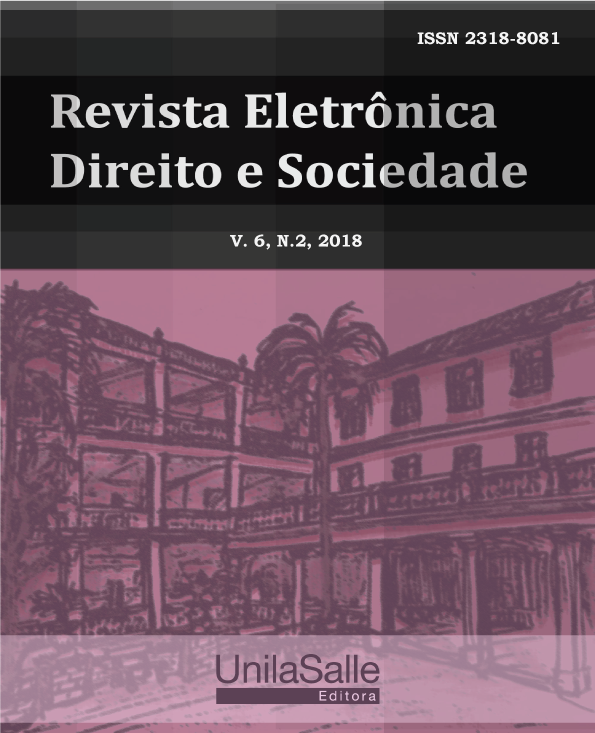Male domination and the sexual division of work: perpetuation of symbolic violence in the face of brazilian women in the public spaces
DOI:
https://doi.org/10.18316/redes.v6i2.4425Keywords:
Sexual Division of Labor, Symbolic Violence, Public Policy, Male Domination, Bipolarization of Female Employment.Abstract
The research is based on the critical appraisal of the position of women in the Brazilian social space, especially with regard to the sexual division of labor, marked by the priority allocation of men to the productive sphere, public and decision making, and women to the reproductive scope, private, and of little added social value. The traditional sexual division of labor has as organizing principles that of separation and hierarchization, a phenomenon of “glass ceiling”, which substantiate a sexual social relation of male domination. The perpetuation of asymmetrical power relations between the sexes is portrayed in the sociological concept of symbolic violence developed by Pierre Félix Boudieu. Since the beginning of Brazilian industrialization, women have played a significant role in the country’s socioeconomic development, which has historically remained forgotten in the social imaginary. In this line, although there is progress in deconstructing the division binary work in Brazil, supported by studies of primitive genres in the Theories of Recognition and Redistribution developed by Nancy Fraser, the Brazilian woman still occupies little space in high management positions. Moreover, female bipolarization reveals an intersectional segregation in the sexual division of labor among women themselves. Thus, public policies can be a path in the deinstitutionalization of traditional cultural patterns that reflect capillary in social structures. The social effectiveness of the principles of equality and democracy permeates the promotion and protection of the fundamental right to difference. For this purpose, the present study will use the deductive method with bibliographical-documentary methodology and in the transdisciplinary appreciation of the proposed problem.
Downloads
Published
Issue
Section
License
Authors who submit their manuscripts for publication in the “REDES” Magazine agree to the following terms:
The authors claim to be aware that they retain copyright by giving “REDES” the right to publish.
The authors declare to be aware that the work submitted will be licensed under the Creative Commons Non-Commercial Attribution License which allows article sharing with acknowledgment of authorship and publication in this journal.
The authors declare to be aware that by virtue of the articles published in this journal have free public access.
The authors declare, under the penalty of the law, that the text is unpublished and original and that they are aware that plagiarism has been identified, plagiarized authors will be informed - willingly, to take legal action in the civil and criminal sphere - and, plagiarists will have their access to the magazine blocked.
The authors state that - in case of co-authoring - all contributed significantly to the research.
Authors are obliged to provide retractions and (or) corrections of errors in case of detection.
The authors are obliged not to publish the text submitted to “REDES” in another electronic journal (or not).
The Electronic Journal Law and Society - REDES - is licensed under a Creative Commons License. Attribution-NonCommercial 4.0 International.Based on work available at "http://revistas.unilasalle.edu.br/index.php/redes/about/submissions#copyrightNotice".
Permissions in addition to those granted under this license may be available at http://creativecommons.org/.

